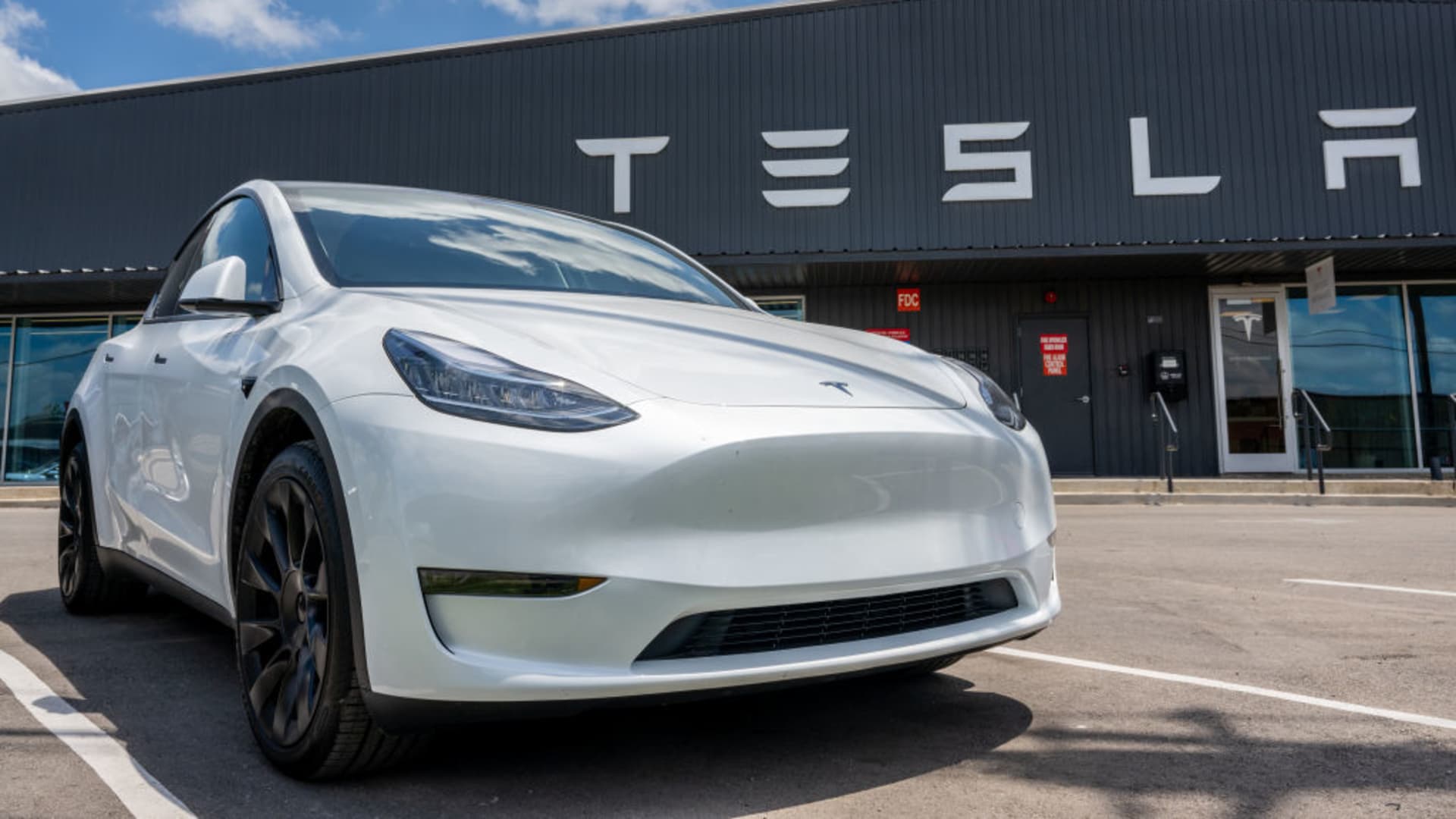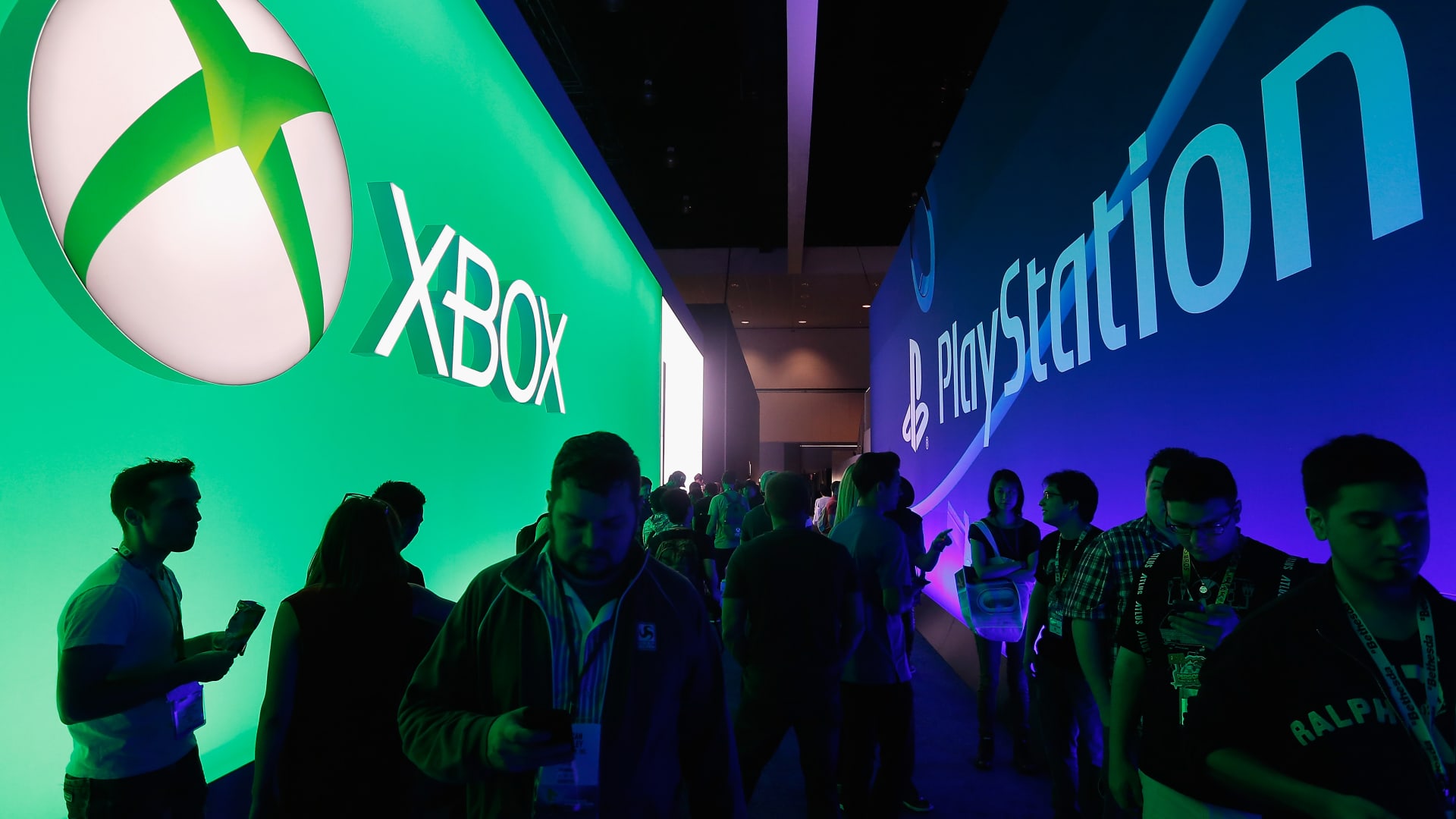Tesla CEO Elon Musk said Wednesday on the company’s fourth-quarter earnings call that a humanoid robot is the “most important product” that Tesla is developing this year, putting it ahead of the much-hyped Cybertruck and other Tesla vehicles including the Semi and the Roadster.
Musk first teased the Tesla Bot using a human in a robot suit in August during Tesla’s “AI Day,” when he warned it “probably won’t work” but that Tesla hoped to have a prototype in the next year.
“I think it has the potential to be more significant than the vehicle business over time,” Musk added of the robot, which is code-named Optimus.
Musk said Tesla now has no plans to introduce the Cybertruck this year and that the company isn’t currently working on a $25,000 vehicle. He added that the continuing chip shortage would make it impossible to release new model vehicles without resulting in fewer total vehicles being delivered.
The Tesla robot could be years away and may never come to fruition. But, Musk said Wednesday it has the potential to revolutionize the economy if it can perform tasks that can only normally be carried out by humans.
“If you think about the economy, it is — the foundation of the economy is labor,” he said. “Capital equipment is distilled labor. So what happens if you don’t actually have a labor shortage? I’m not sure what an economy even means at that point. That’s what Optimus is about, so very important.”
Advances in robotics have allowed companies to replace certain workers with machines but there are many tasks that still need to be done by humans.
“It’s intended to be friendly, of course, and navigate through a world of humans, and eliminate dangerous, repetitive and boring tasks,” Musk said in August, adding that Tesla does not initially plan to use it for manufacturing.
The robot is an example of Musk’s showmanship, in which he announces that Tesla is working on exciting products scheduled for years into the future to energize backers including employees, customers, and investors. Often, those announcements don’t happen on the timeline predicted.
For instance, at an ‘Autonomy Day” event in Apr. 2019, Musk said the company would have 1 million autonomous “robotaxis” on the road in 2020. Those robotaxis still don’t exist.
— CNBC’s Kif Leswing contributed to this article.


